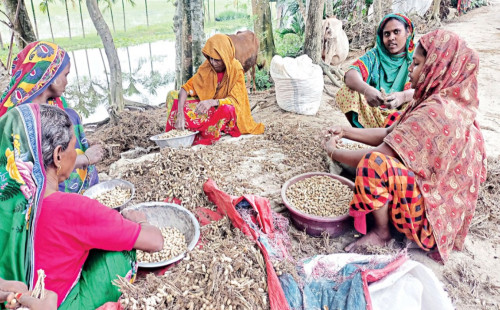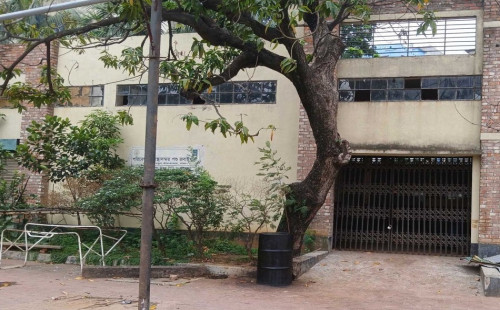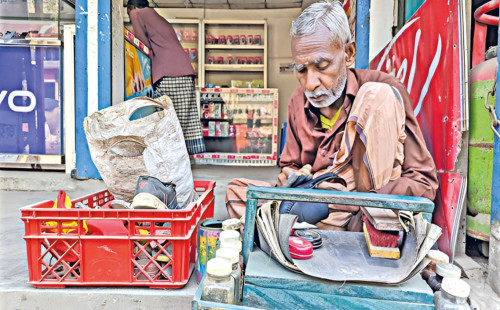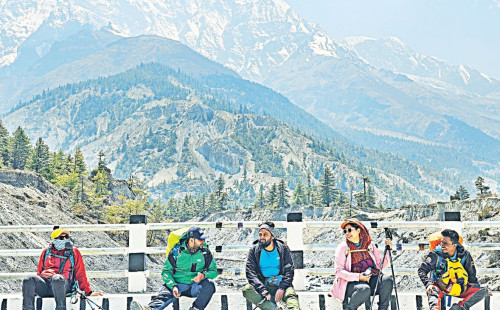Strong on condemnation, weak on action

In 13 months, the
government has issued at least 13 condemnations. That's one per month.
The
list of topics is wide and diverse. The latest one condemns desecration of Nurul Haque Molla's grave in Rajbari. Previous
condemnations ranged from attack on Gono Odhikar Parishad President Nur,
attack on NCP leaders to attack on Sufi shrines, ethnic minorities and
desecration of the national flag.
The interim government came up with a
strong response, every time beginning with, "We strongly condemn…"
At
first, people felt reassured. At least the government was saying something. At
least it was not silent. But over time the feeling of reassurance turned into
unease. Because after the condemnations, did anything change? Did victims
receive justice? Were the perpetrators punished? Did the violence stop? No, on
all counts.
Condemnations,
when left on their own, are like fireworks with just the boom and not the
spark.
Condemnation
in itself is not useless. It can be a first step, a way for the state to show
its moral position. But when it's just words with no substantial action, words
become hollow.
Around
the world, condemnations are usually followed by debates, investigations,
visible action. In Bangladesh, condemnation is often the last step, not the
first. A crime happens, a statement comes, and then silence. The result? People
stop believing.
This
creates three issues.
First: People don't trust
the condemnations anymore. Citizens hear words, but see no action. Criminals
hear the same thing.
Second: Victims feel
abandoned. Imagine losing your family or your home and all you get is, "We
strongly condemn..."
Third: The world
becomes weary. Other countries start asking: is Bangladesh serious about
justice?
The
interim government's power comes from trust. Its job is simple: maintain order,
protect citizens, and prepare for elections. Condemnations without visible
action destroys that trust.
After
the July uprising, people dreamed of a new kind of politics. They thought
injustice would be met not just with words but with swift remedy. Instead, the
same old script is being replayed.
Governing
is not only about writing policies. It is about building confidence. People
need to believe their government will protect them, deliver justice, and defend
their dignity.
Every
condemnation without follow-up eats away at that fragile trust. Bangladeshis
are tired of only condemnations. They want results. They want criminals
punished. They want victims supported. They want action, not just speeches.
Until
that happens, every "strong condemnation" is not a show of strength,
it is weakness dressed up in words.
















